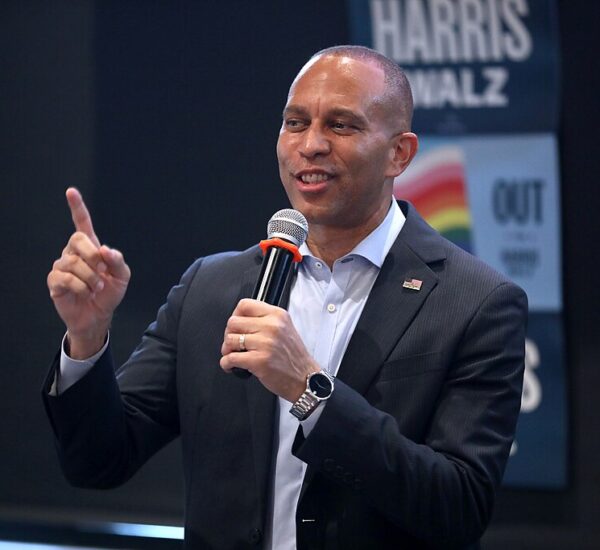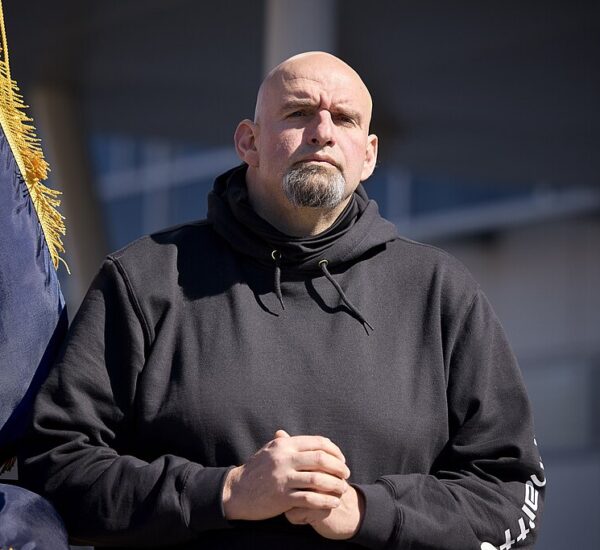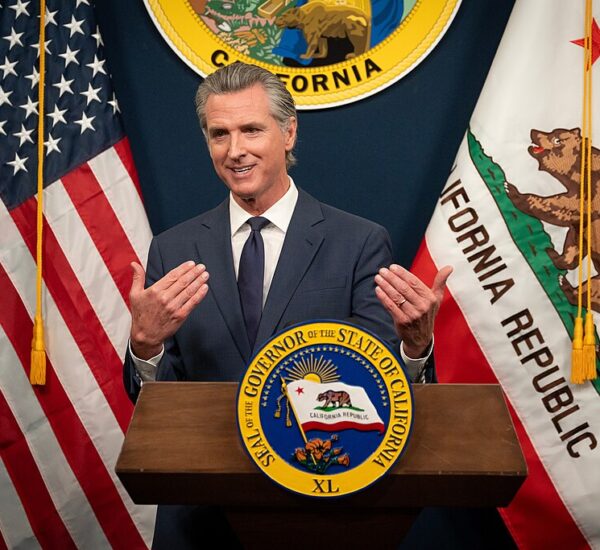Democrats are facing a new internal crisis, and it’s raising major questions about the future direction of the party.
Representative Alexandria Ocasio-Cortez is now being talked about as “The New Schumer” as speculation grows that she may challenge long-time Senate Minority Leader Chuck Schumer for his seat in 2028. The possibility of a far-left takeover has sparked renewed concern among moderate voters and older Americans already uneasy with the party’s direction.
Schumer, a New York Democrat who has held power for decades, is facing rising calls to step aside as his leadership comes under scrutiny during the longest government shutdown in U.S. history. Even within his own caucus, Democrats are growing frustrated with the lack of direction, the escalating internal divisions, and the party’s failure to present a unified message to the American people.
For months, Washington insiders have speculated that Ocasio-Cortez could mount a primary challenge. Her potential run highlights a growing ideological war inside the Democratic Party, pitting the progressive wing against the establishment old guard. This divide is shaping the party’s messaging, legislative strategy, and long-term electoral future.
When asked directly whether Schumer should remain in power, Ocasio-Cortez avoided giving a straight answer. She claimed the problems inside the Democrat caucus are “bigger than one person,” pointing out that eight Senate Democrats bucked Schumer during a key vote to reopen the government. She suggested that Democrat voters should rethink who they want representing them in the primaries that are taking place across the country this year.
“A leader reflects the party,” she said, reminding voters that major Senate races are happening long before her own potential run. She urged Americans to participate in their primary elections and choose leaders who better represent them — a comment many interpreted as a subtle swipe at Schumer’s longtime political grip on New York.
During a CNN Town Hall, Ocasio-Cortez again refused to confirm or deny whether she plans to run against Schumer. Instead, she tried to redirect attention back to progressive priorities such as government spending, wage programs, climate initiatives, and federal housing policies. Appearing alongside Senator Bernie Sanders, she criticized the media for focusing on Democrat infighting rather than the progressive policy agenda she and Sanders are pushing.
Schumer’s political footing grew even shakier when eight Democrats joined Republicans in a pivotal vote to reopen the government. The public break with Schumer’s leadership was so significant that Rep. Ro Khanna openly declared that Schumer “is no longer effective and should be replaced,” signaling deep dissatisfaction within the party.
Attempting to regain ground, Schumer posted online this week attacking Republicans and President Trump. He claimed that while Americans struggle with rising healthcare costs, Republicans are focused on “ballrooms, private jets, and bailouts.” But his message did little to silence critics who argue that Democrat leadership is in complete disarray.
Sen. John Fetterman also weighed in, noting that he voted — with Republicans — to reopen the government, restore pay to servicemembers, support airport security, and end travel chaos. His “Country over party” message was widely seen as yet another indirect jab at Schumer’s leadership failures.
With Democrats deeply divided, older voters frustrated, and the 2028 race already taking shape, the pressure is now squarely on Schumer. Will he maintain his decades-long hold on power, or will Ocasio-Cortez — and the progressive wing she represents — take control of a party already shifting dramatically to the left?
As Democrats fight among themselves, one thing is clear: their leadership crisis is far from over, and the consequences will shape the country’s political landscape for years to come.







When she takes over, they need to change the name of the party to the communist party.